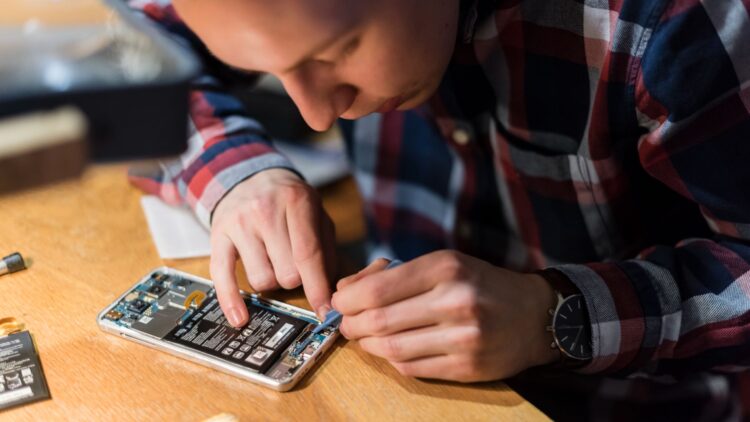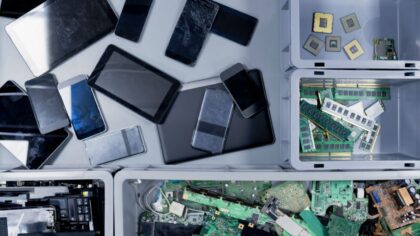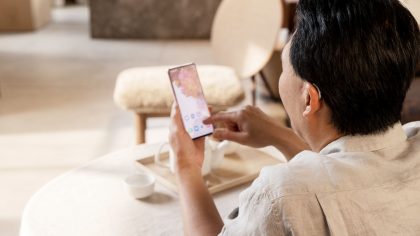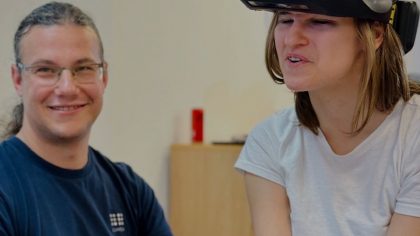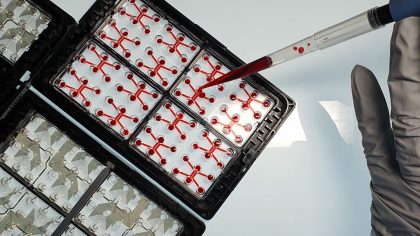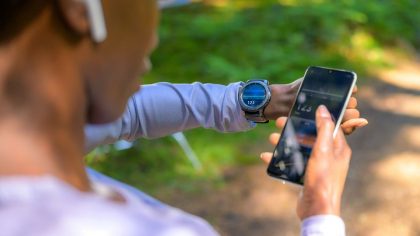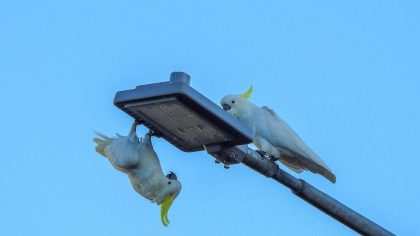News
- Artificial intelligence
- Data
- Digital culture
Internet of things
- Networks and IT
- Research
Hailed as the future gold mine of the digital economy, the Internet of Things encompasses billions of connected objects whose data is managed on networks. How can we meet the connectivity needs of all these connected objects? How can we develop an ecosystem of applications and services that turns innovation into tangible benefits in our daily lives? That is up for debate.

